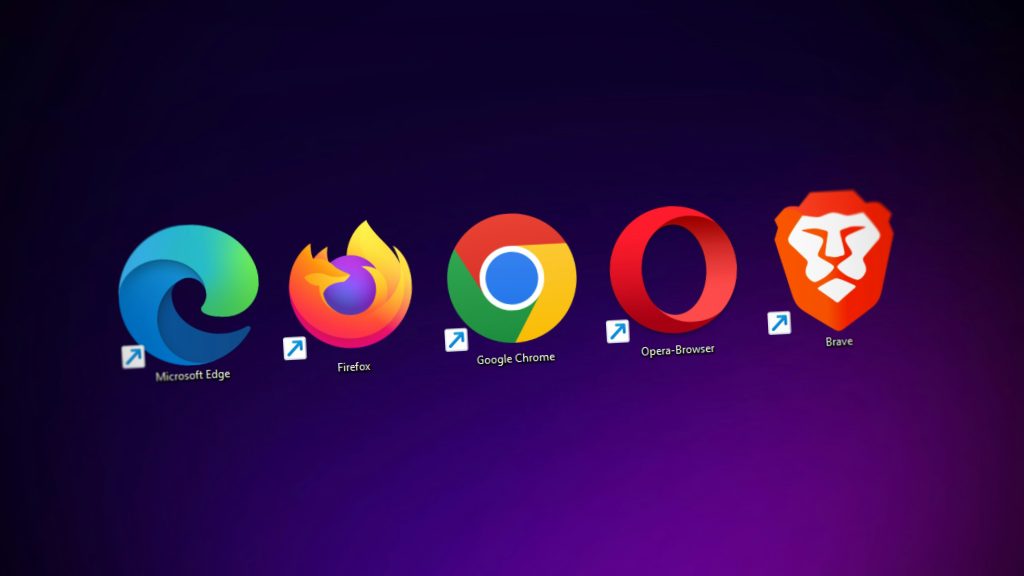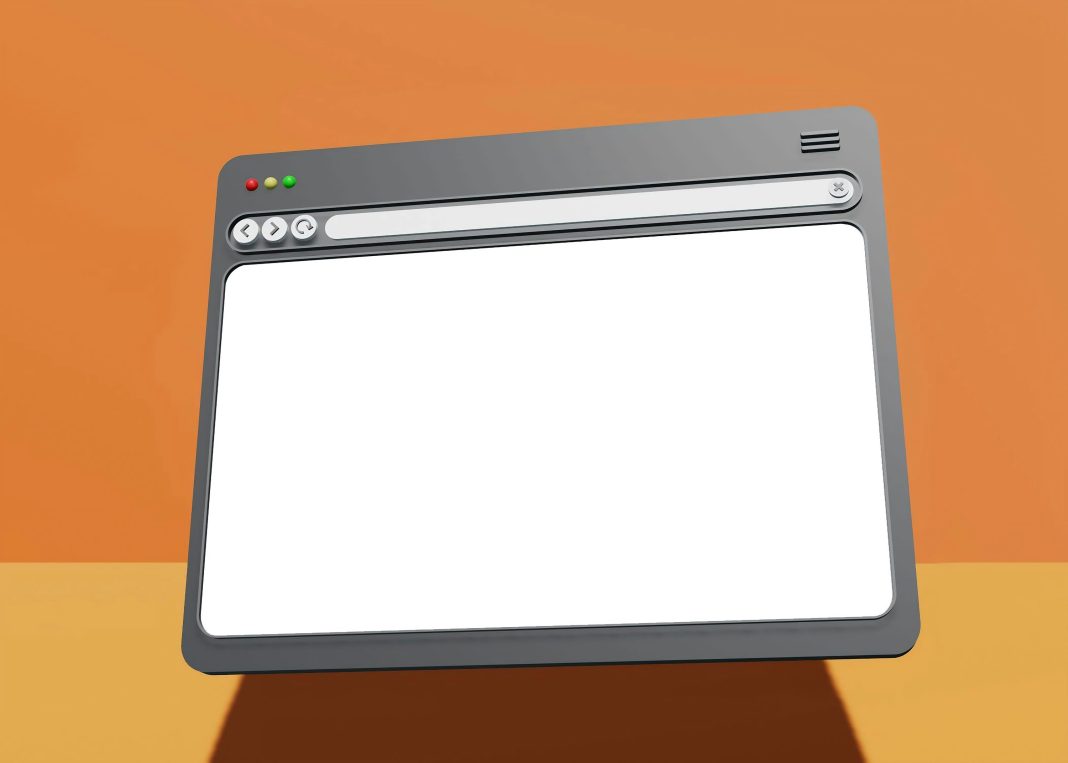Here’s a fun riddle for 2025:
If no one uses the internet the way they used to, but everyone’s still online, what are we actually browsing?
Answer: mostly apps. A lot of AI. Some protocol spaghetti. Occasional peeks into decentralized networks. But almost none of it resembles what browsers were originally designed to handle.
The browser, once the default passport to cyberspace, now feels like a leftover from a more static, polite era. Tabs. Bookmarks. “Home” pages. Cute. Useful, even. But the world moved on-and the browser didn’t get the memo.
Which is why, far from the spotlight, a strange little arms race is underway. Not to dominate the web, exactly, but to reimagine what a browser even is. Because in this post-internet moment, we’re not really “surfing” anymore. We’re syncing, generating, prompting, collaborating. Often all at once.
And if you haven’t heard about this shift on the front page of TechCrunch, well, that tracks.
“The revolution will not be televised.”
-Gil Scott-Heron
It’ll be buried in the changelog of a Chromium fork with three contributors and a Discord server.
So Why Does the Browser Feel… Off?
It’s simple: we outgrew it.
Most browsers still treat the web like it’s a bookshelf-one where you open pages, flip through tabs, maybe stash a few bookmarks for later. But our modern digital life doesn’t resemble that at all.
Today, we’re bouncing between:
- Web apps disguised as websites
- AI interfaces that feel more like coworkers
- Collaborative canvases (whiteboards, docs, shared spaces)
- P2P environments and encrypted tunnels
- Infinite-scroll feeds made of streaming components
There’s no clean beginning or end. Just a kind of foggy multitasking soup where your attention is the only constant. In that reality, the browser isn’t a navigator-it’s an interpreter. Or it should be.
Tabs? They’ve become the sticky notes of the web. Handy until they start breeding.

Who’s Actually Trying to Fix This?
Here’s a short list of players building toward a new kind of browser-each rethinking the interface, assumptions, and, crucially, the role of the browser.
| Project | What They’re Building | Notable Feature |
| Arc (The Browser Co.) | A browser that’s half operating system, half thought organizer | Sidebar “spaces,” multiplayer sessions |
| SigmaOS | Built for productivity freaks and tab minimalists | Keyboard-first, workflow-centric UI |
| Beaker Browser | A decentralized window to the peer-to-peer web | Native support for the Dat protocol |
| Bun Shell | Terminal-like, AI-native browser prototype | No tabs, no history, just predictions |
And then, of course, the giants-Google, Apple, Microsoft-are moving in subtle lockstep. Chrome’s AI summaries. Safari’s shared tabs. Edge’s… everything-but-the-kitchen-sink approach. It’s all part of a slow drift toward “browser as workspace.”
Want to See the Future? Change Your Browser
Honestly, try it. Use Arc or SigmaOS for a week. No extensions, no fallback to Chrome. Just force your brain to adjust.
You’ll notice:
- Where your habits live
- What assumptions you’ve internalized about tabs and URLs
- How many things your current browser makes harder, not easier
It’s like switching keyboards-uncomfortable at first. But then something clicks. And you realize your old setup was friction disguised as familiarity.
It’s Not About Speed. It’s About Context.
This isn’t another pitch for faster load times or stricter privacy policies (though, sure, those help). The deeper shift is contextual.
Tomorrow’s browsers won’t just open the internet. They’ll help shape it.
- They’ll remember how you prefer to work.
- They’ll auto-organize your tools around goals, not tabs.
- They’ll whisper suggestions before you even realize what you need.
Some of them will generate content with you. Others might be the content. AI is already nestled inside everything from doc editors to dev tools. It’s only natural that your browser evolves into a kind of interface co-pilot.
One Joke, Because We’ve Earned It
What do you call a browser that deletes your history before you make a mistake?
A therapist. Who syncs across devices.
The Browser After Browsers
The next generation of browsers won’t look like browsers. They might resemble dashboards. Or notepads. Or personalized OS slices. They won’t ask for your attention-they’ll manage it. You won’t open them. They’ll already be open, waiting.
So here’s the real question:
If the browser stops being a window to the web… what exactly are we looking through?

